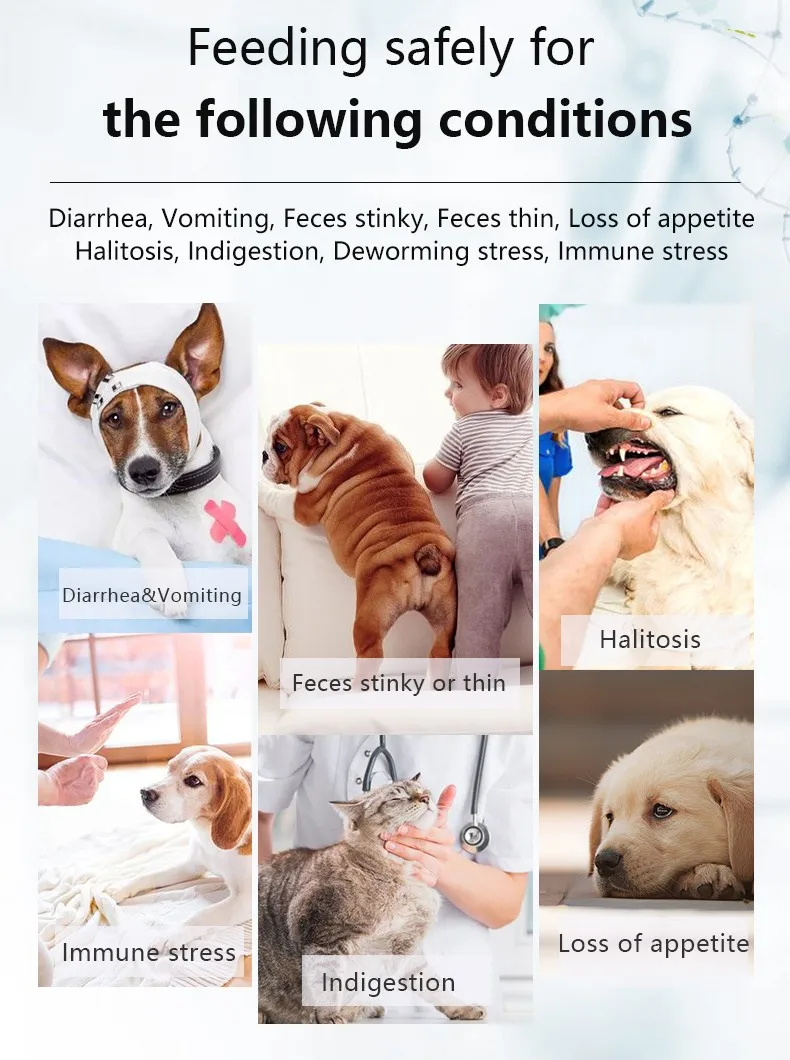"Effective Pet Allergy Medicine for Humans: A Comprehensive Guide to Relief and Management"
#### Understanding Pet AllergiesPet allergies are a common issue for many individuals. These allergies typically arise from proteins found in a pet's skin c……
#### Understanding Pet Allergies
Pet allergies are a common issue for many individuals. These allergies typically arise from proteins found in a pet's skin cells, urine, or saliva. When a person with a sensitivity to these proteins comes into contact with a pet, their immune system may react, leading to symptoms such as sneezing, itching, and respiratory difficulties. Understanding the nature of pet allergies is crucial for effective management and treatment.
#### Symptoms of Pet Allergies
The symptoms of pet allergies can vary from mild to severe. Common symptoms include:
- **Sneezing**: A frequent response to allergens in the air.
- **Itchy or Watery Eyes**: Allergens can irritate the eyes, leading to discomfort.
- **Nasal Congestion**: Swelling and inflammation in the nasal passages can make breathing difficult.
- **Coughing or Wheezing**: Allergens may trigger asthma-like symptoms in sensitive individuals.
- **Skin Reactions**: Some people may experience rashes or hives upon contact with a pet.

Recognizing these symptoms is the first step in determining whether you have a pet allergy.
#### Diagnosis of Pet Allergies
If you suspect you have a pet allergy, it is essential to consult a healthcare professional. They may perform skin tests or blood tests to confirm the allergy. Understanding your specific allergens can help tailor your treatment plan.
#### Pet Allergy Medicine for Humans
When it comes to treating pet allergies, several options are available. **Pet allergy medicine for humans** primarily includes antihistamines, decongestants, and nasal corticosteroids.
- **Antihistamines**: These medications help relieve symptoms by blocking the action of histamine, a substance in the body that causes allergic reactions. Common over-the-counter options include cetirizine, loratadine, and diphenhydramine.

- **Decongestants**: These can help alleviate nasal congestion, making breathing easier. Pseudoephedrine is a common decongestant found in many cold and allergy medications.
- **Nasal Corticosteroids**: These prescription medications reduce inflammation in the nasal passages, providing longer-lasting relief from symptoms. Fluticasone and budesonide are examples of nasal corticosteroids.
#### Managing Pet Allergies at Home
In addition to medication, there are several strategies to manage pet allergies effectively:
1. **Create a Pet-Free Zone**: Designate certain areas of your home, such as the bedroom, as pet-free zones to minimize exposure to allergens.
2. **Regular Cleaning**: Frequent cleaning can help reduce the amount of pet dander in your home. Vacuum with a HEPA filter and wash pet bedding regularly.

3. **Air Purifiers**: Investing in HEPA air purifiers can help filter out allergens from the air, providing relief for allergy sufferers.
4. **Grooming**: Regularly grooming your pet can help reduce the amount of dander they shed. Consider having a non-allergic family member handle the grooming.
5. **Consult an Allergist**: If your symptoms are severe, an allergist may recommend allergy shots (immunotherapy) to reduce your sensitivity to pet allergens over time.
#### Conclusion
Pet allergies can significantly impact your quality of life, but with the right understanding and treatment options, you can manage your symptoms effectively. **Pet allergy medicine for humans** is just one part of a comprehensive approach to living with pet allergies. By combining medication with lifestyle changes and preventive measures, you can enjoy the companionship of your furry friends while minimizing allergic reactions. Always consult with a healthcare professional before starting any new medication or treatment plan to ensure it is appropriate for your specific situation.